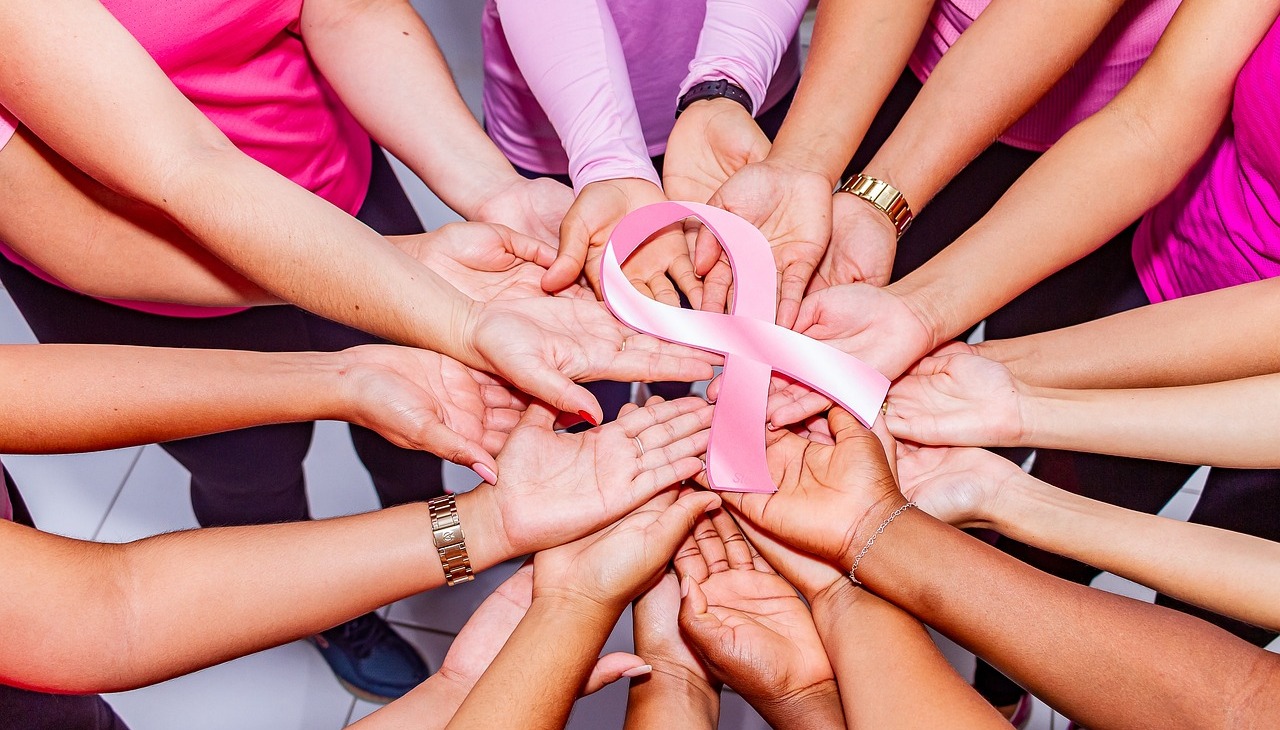
65% of people 21 and older have not been screened for cancer in the U.S., per new report
The Prevent Cancer Foundation's annual survey highlighted the importance of early detection to prevent and treat cancer.
The Prevent Cancer Foundation, the only U.S.-based nonprofit organization dedicated exclusively to the prevention and early detection of cancer, released its first annual early detection report, which highlighted a massive gap among the majority of Americans. It found that 65% of Americans 21 or older have never been screened for cancer.
Jody Hoyos, CEO of the Prevent Cancer Foundation, noted:
When people learn the benefits of early detection, they are much more likely to talk to their doctors and get screened to check their health.
Prevention is the key
The findings, published for National Cancer Prevention Month, emphasize the need for increased awareness and access to screening tests for prevention and early detection, which may mean less extensive treatment, more treatment options, and better chances of survival in instances of cancer.
RELATED CONTENT
To educate Americans about the importance of these tests and encourage them to make appointments, the Prevent Cancer Foundation launched the Early Detection = Better Results campaign, which shares useful information, such as screenings needed at every age, tools to find free and low-cost cancer screenings and information on how one's family health history can impact cancer risk.
Despite the importance of early detection, many people still don't get the routine exams they need. The Prevent Cancer Foundation provides resources to help you manage your health and inspire action for better results, including a new interactive tool that offers a personalized screening plan that one can take to their doctor's office.
#DYK? Most people who get #cancer do not have a family history of the disease, but a personal or family history of cancer/certain other diseases may your risk. Download your free family medical history chart & learn more at https://t.co/YyHzc4Jyhc #CancerPreventionMonth
— Prevent Cancer Foundation (@preventcancer) February 18, 2023
Key Findings
- 39% of survey participants said they don't know what they need to get tested for
- 37% report having no symptoms
- 31% argue inability to pay the cost
- 40% said they had never discussed routine cancer screening with their health care provider
- 33% of Americans surveyed say potential exposure to COVID-19 continues to negatively impact attendance at routine medical appointments
- 40% said having a home testing option would make them prioritize one or more of their routine cancer screenings
In reference to the Hispanic and Black communities, where the need for culturally relevant resources adapted to their needs is highlighted, this is how they responded:
- Hispanic participants reported significantly lower rates for breast cancer screening (46%) compared to Black participants (61%) and White participants (63%).
- For colorectal cancer screening, Hispanic participants (46%) and Black participants (54%) reported significantly lower rates than White participants (61%).
“Routine screenings should be part of your wellness routine, just like eating healthy, exercising and taking care of your mental health,” added Hoyos.











LEAVE A COMMENT: